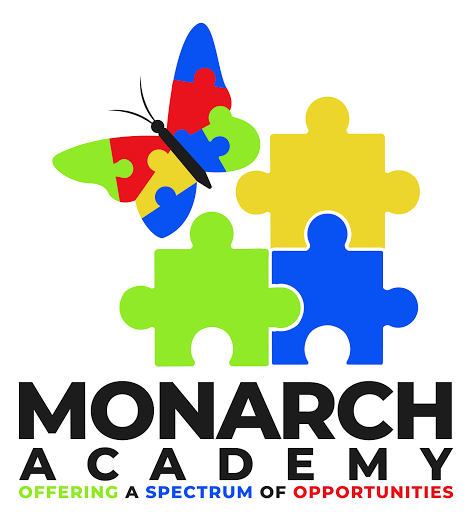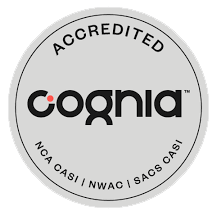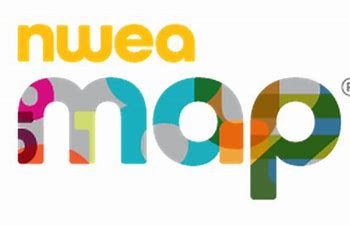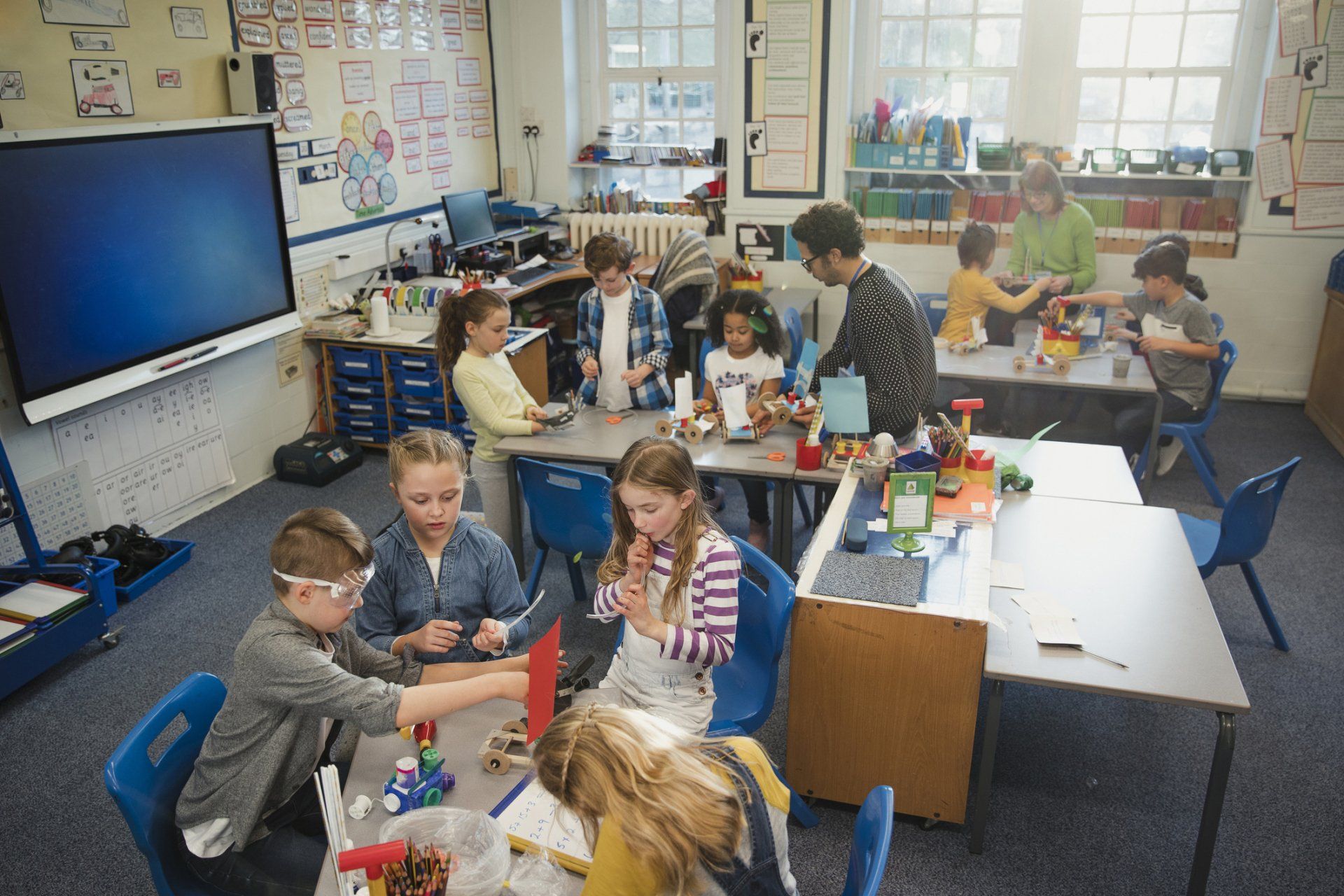OUR CURRICULUM
At Monarch Academy, we incorporate all areas of academic study for our 1-12 ASD students. Using the Florida's B.E.S.T. Standards, we develop individualized, comprehensive curriculum for each student in Reading, Math, Science, Social Studies, and English.
Equally important to individualized academic skills, Monarch Academy incorporates social, behavioral, and life skills to provide a multi-dimensional educational experience. Because our teacher to student ratio is small, all students receive the necessary scholastic and social support they need to give them the most opportunity possible.
As the parent of a Monarch Academy student, you will be in the loop on all matters affecting to the growth and development of your child. We believe that parents and other family members play a vital role in classrooms and in our community, and we look forward to sharing your child’s academic journey with you!
WORK STUDY PROGRAM
The Vocational Transition Program offered at Monarch Academy is community based and has been developed to support high functioning ASD students as they transition to life outside of school. Students that can enter the workforce with minimal job coaching can work as an intern or volunteer at the chosen establishment as they receive valuable on the job experience!
We have currently teamed up with Halifax Urban Ministries- Hope Place (HUM) and Hilton Oceanfront Resort in Daytona Beach. Our students are receiving training in office procedures, donation prep work, and training in the kitchen with Hilton's head chef. This program is considered an elective for high school credit.
Monarch Academy has also partnered with Easter Seals Florida to provide training through their S.T.R.I.V.E. (Skills Training Results in Vocational Employment) program. Twice a week, a select group of students meet with the program director on our campus to learn the basics of the hospitality industry. Central Florida's largest industry is Hospitality and Tourism. This program enables them to succeed while promoting professionalism, self-confidence, positive work ethics, and crucial soft skills needed in all workplaces.
This is a certification program through the American Hotel and Lodging Education Institute covers six areas of the hospitality field. Earning these certifications is also considered an elective toward high school credits.
At this time, Monarch Academy is providing transportation for these vocational opportunities.










